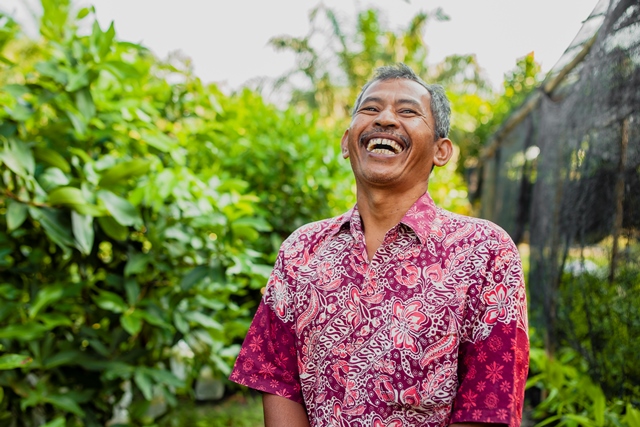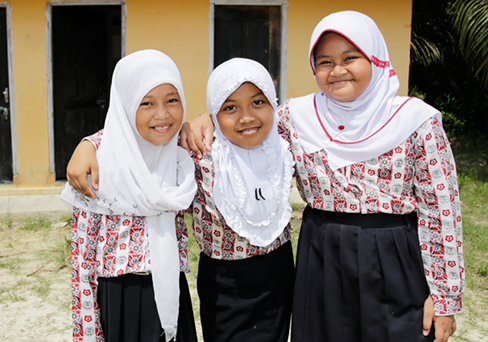Bringing Benefits to the Country
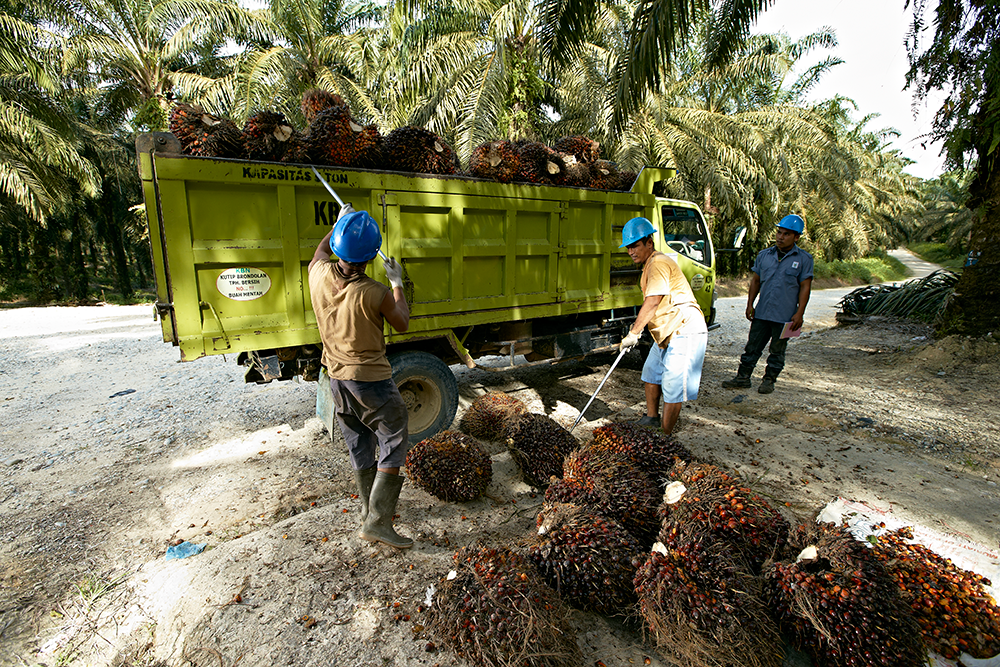
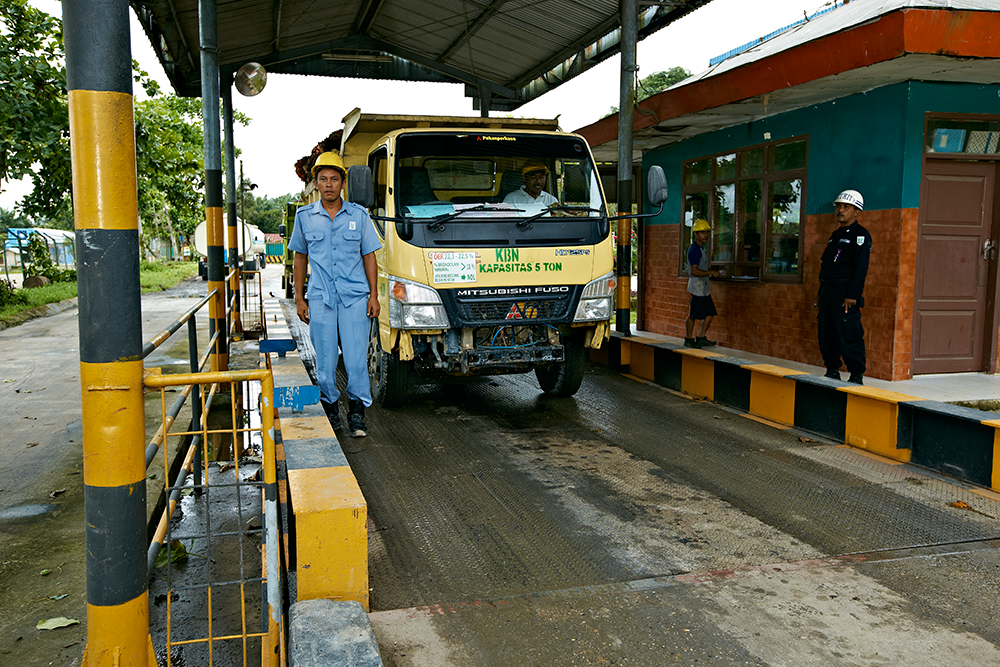
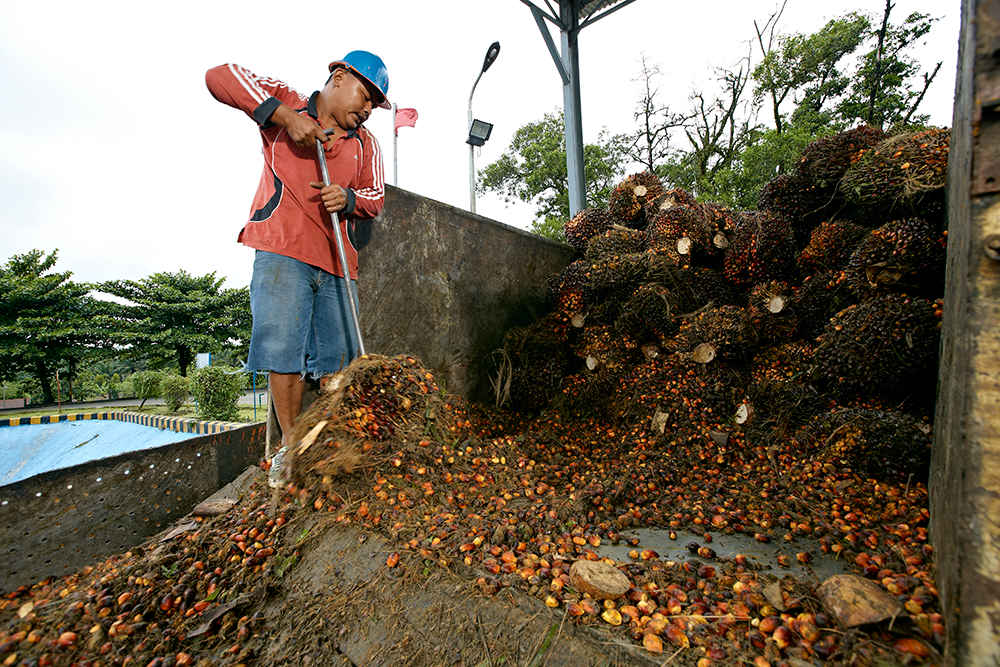
The palm oil industry is a major employer in Indonesia, and has lifted millions of families out of poverty. Based on 2013 data from the Ministry of Industry, the palm oil industry accounted for 1.6% of national Gross Domestic Product (GDP). The Indonesian palm oil industry also accounts for 11% or USD 20 billion of total exports, contributing significant foreign exchange revenue.
Asian Agri partners with 30,000 smallholder farmers, helping them to improve their yield and therefore their living standards in support of the UN’s Sustainable Development Goals. Asian Agri smallholders who are part of the government’s Plasma scheme earn an average annual income of US$6,000 compared to US$800 for non-palm oil farmers, according to a 2014 report by the Palm Oil Agribusiness Strategic Policy Institute.
Oil palms are also highly efficient compared to other oil crops, producing 33 per cent of the world’s vegetable oil with just 6 per cent of the land. This results in higher incomes for farmers and lower land usage.
Export and Food Security
Indonesia exports Crude Palm Oil (CPO) and its derivatives to more than 45 countries worldwide. The nine largest consumers of Indonesian CPO are India, the European Union, China, Malaysia, Singapore, Bangladesh, Egypt, Pakistan, and the United States. In 2009, India, China and the European Union accounted for 52% of global imports.
A total of 80% of palm oil production comes from developing countries, which makes it a crucial factor to increase people’s income. The world’s palm oil production is currently dominated by Indonesia and Malaysia, comprising about 85-90% of the total.
The projection of global vegetable oil demand in 2020 was discussed at the 2015 Oil World Outlook Conference in Hamburg, Germany, where it was predicted that global vegetable oil demand would reach more than 236 million tons, including 78 million tons of palm oil.
Employment
The palm oil industry in Indonesia employs more than six million workers, more than half of whom are directly involved in plantations. The palm oil sector in Indonesia attracts 5,000 to 6,000 new workers per year, and requires an educated and skilled human resource in processing. Although the industry existed for decades prior to Indonesia’s independence, the palm oil industry still remains a major employer. Sustainability and the environment have also increasingly gained focus in the industry.
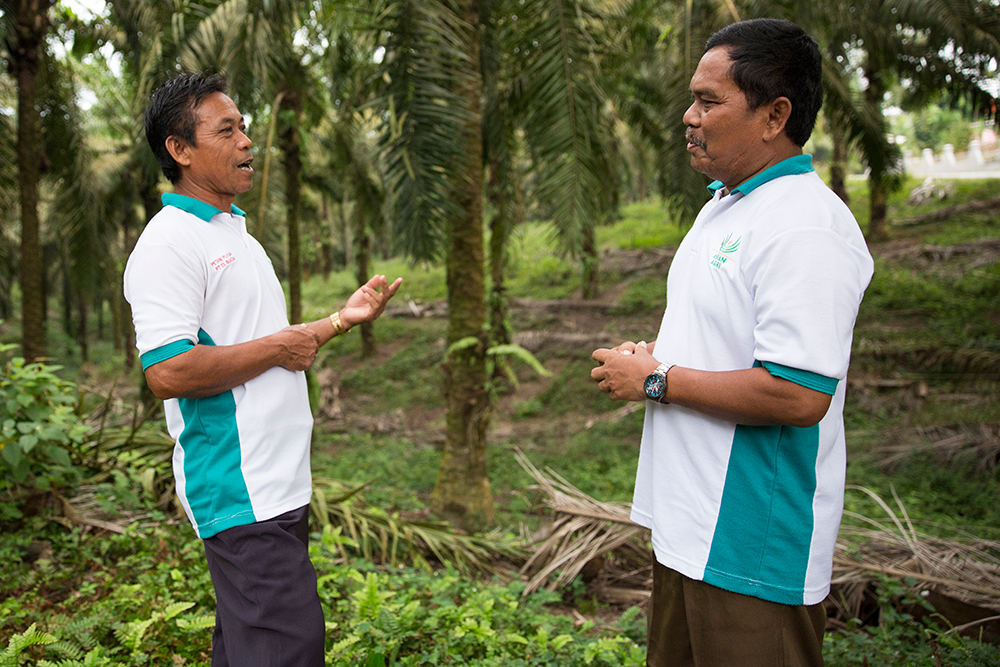
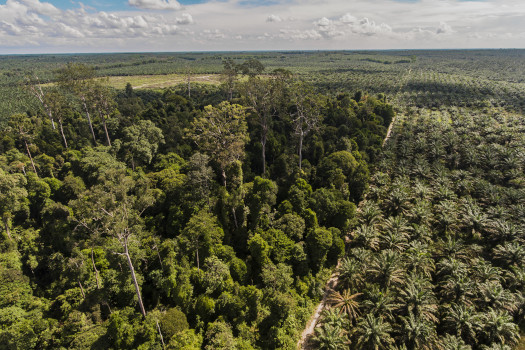
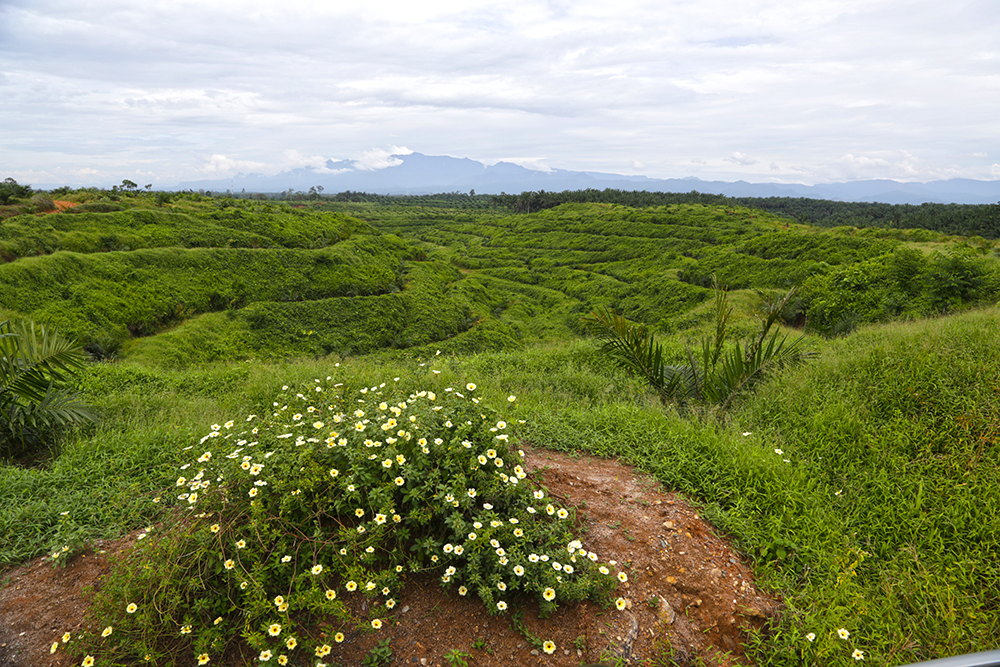
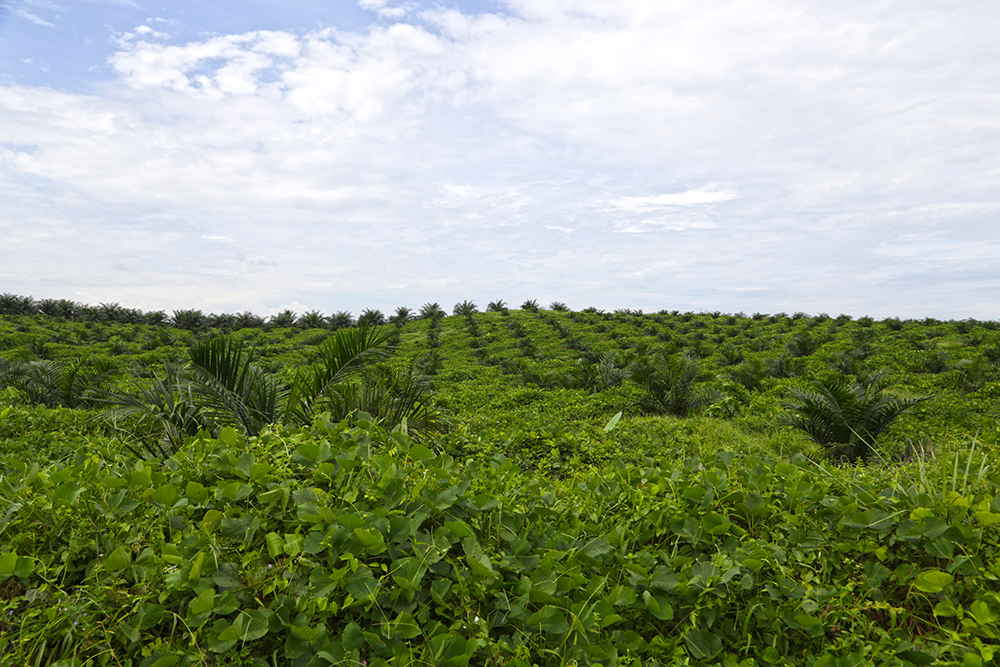
Environmental Conservation
Oil palm trees absorb carbon dioxide from the atmosphere and produce an estimated 306.3 million tons of oxygen from 16.38 million ha of oil palms in 2019 (Source : Kepmentan No. 833/2019/Dec). Because oil palm plantations are generally developed on lands previously used for logging and fallow lands, oil palm is an important contributor of oxygen for Indonesia and the world.
Asian Agri is committed to no deforestation through protection of HCV (High Conservation Value) areas, HCS (High Carbon Stock) areas, zero burning policy and greenhouse gas emissions reduction. In particular, Asian Agri is committed to peatland preservation by not opening new plantations in peatlands and applying best management practices. In 2014, Asian Agri reaffirmed this commitment by taking the initiative to sign the Sustainable Palm Oil Manifesto (SPOM) and Indonesian Palm Oil Pledge (IPOP) in New York as a step forward towards sustainability.
Facilities & Infrastructures
Infrastructure development is an important aspect of Asian Agri’s holistic sustainability policy. The company actively contributes to the development and vibrancy of communities in its operation areas with the construction and repair of roads, bridges, aqueducts and houses of worship.
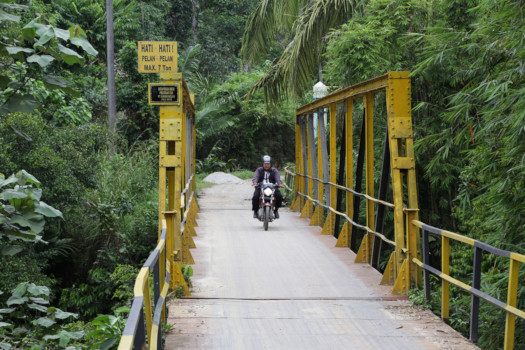
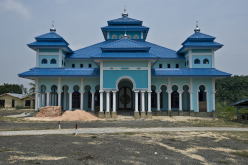
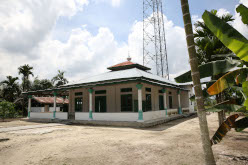
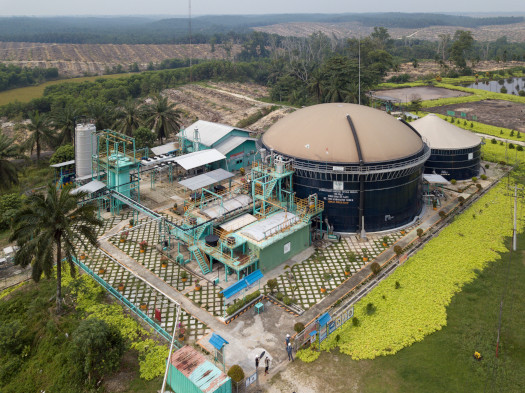

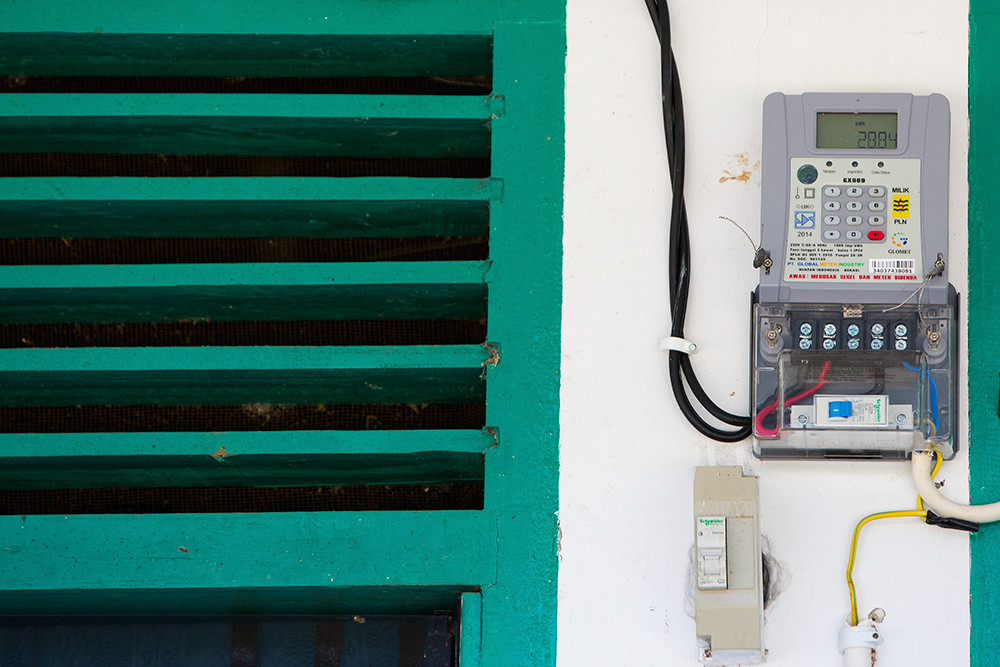
Energy Security (Electricity)
Our commitment to support the sustainability is manifested through the conversion of processed residues or production waste into organic fertilizers as well as producing a renewable energy .
Asian Agri has built and operated ten biogas power plants (PLTBg) by 2019 : five in North Sumatra, three in Riau, and two in Jambi. Each PLTBg plant uses a digester tank, which converts organic waste from the palm oil production process into methane gas. Each biogas plant produces 2.2 MW of power, which can supply the 700KW needed by the palm oil mill as well as provide 1.5MW to local communities.
The biogas power plants were verified by an ISCC – accredited certification body, SGS Germany, to comply with ISCC standards.


